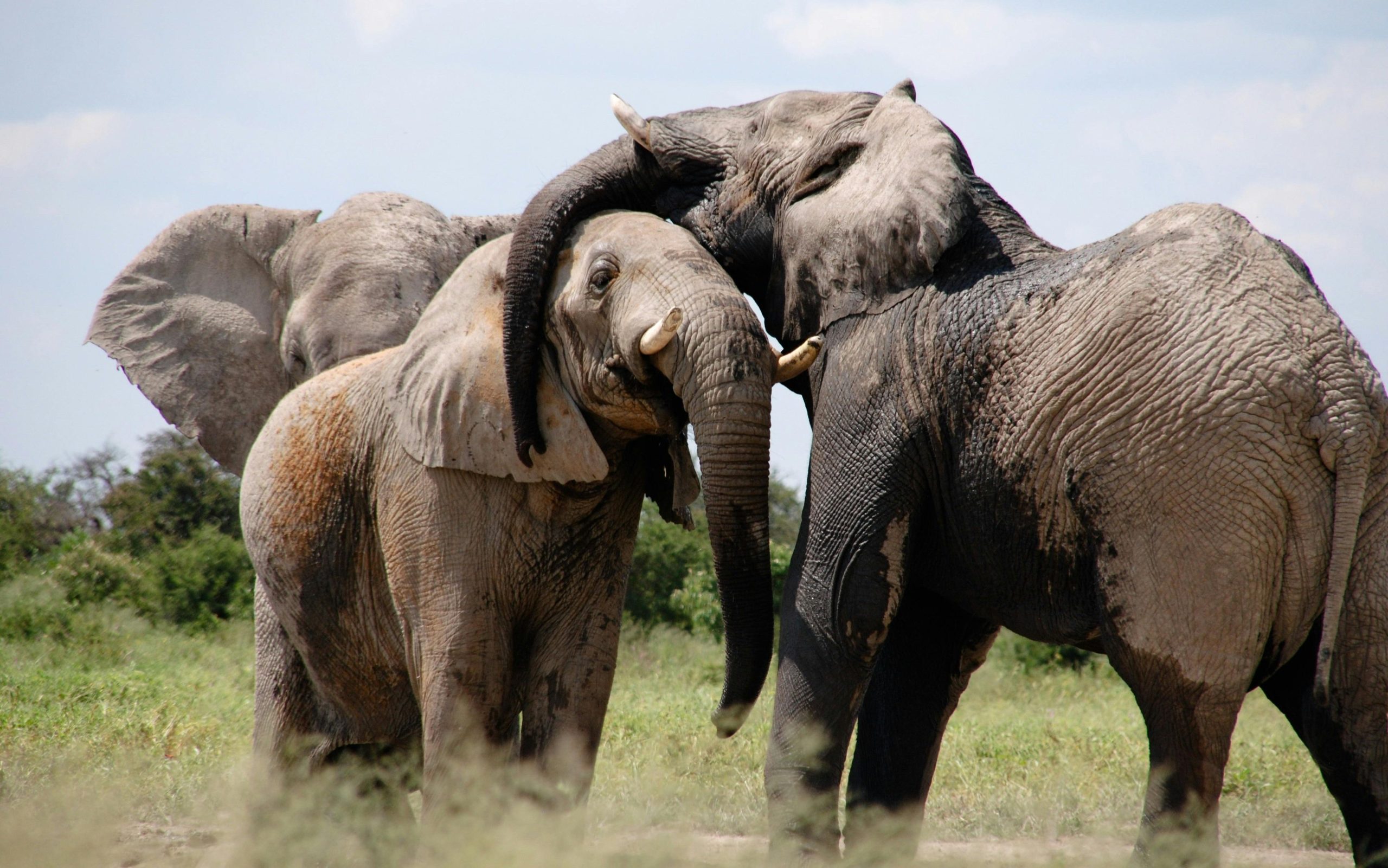
Africans in Germany. Botswana to send elephants to Germany. Botswana’s president has issued a threat to send 20,000 elephants to Germany amid a conservation dispute. Earlier this year, Germany’s environment ministry proposed stricter limits on importing trophies from hunting animals, a move opposed by Botswana.
President Mokgweetsi Masisi argued that such restrictions would harm his country’s people, emphasizing that Botswana’s conservation efforts had led to a significant increase in elephant numbers. He stated that hunting served as a necessary means to control elephant populations.
Read also: Outrage and shock over killing of Gambian migrant by German police
In an interview with German newspaper Bild, Mr. Masisi urged Germans to coexist with animals as they advocate, emphasizing the seriousness of the situation. Botswana, home to over a third of the world’s elephant population, faces challenges of overpopulation, resulting in property damage, crop consumption, and threats to residents.
Botswana has previously relocated elephants to neighboring countries like Angola and Mozambique to manage population levels. Mr. Masisi extended an offer to Germany to accept a gift of elephants, indicating his determination to address the issue.
Botswana’s Wildlife Minister Dumezweni Mthimkhulu recently issued a threat to send 10,000 elephants to London’s Hyde Park, suggesting that British people should “experience living alongside” them.
Read also: German Police Accused of Brutal Mistreatment: Gambian Migrant Gagged and Deported
In March, UK MPs voted in favor of supporting a ban on importing hunting trophies, although the legislation still requires further scrutiny before becoming law. The pledge to ban the import of hunting trophies was included in the Conservatives’ 2019 general election manifesto.
Botswana, along with other southern African countries, generates significant revenue from affluent Westerners who pay substantial amounts for permits to hunt animals and then bring back their heads or skins as trophies.
Proponents argue that this money contributes to conservation efforts and benefits local communities, reducing the likelihood of poaching. Animal rights groups argue that the practice of trophy hunting is cruel and should be banned.
“In some areas, there are more of these beasts than people. They are killing children who get in their path. They trample and eat farmers’ crops, leaving Africans hungry,” said Botswana’s wildlife minister.
According to a 2021 report by the Humane Society International, Germany is the EU’s largest importer of African elephant trophies and hunting trophies overall.
Read also: Gambia considers lifting FGM ban: What it means for women’s rights
Botswana initially banned the practice in 2014 but lifted the restrictions in 2019 after facing pressure from local communities. The country now issues annual hunting quotas, asserting that it is licensed and strictly controlled.
A spokeswoman for the environment ministry in Berlin informed the AFP news agency that Botswana had not raised any concerns with Germany regarding the matter.
“In light of the alarming loss of biological diversity, we have a special responsibility to do everything to ensure the import of hunting trophies is sustainable and legal,” she stated.
The ministry, however, continues to engage in discussions with African countries affected by import regulations, including Botswana, according to the spokeswoman. Countries such as Australia, France, and Belgium have implemented bans on the trade in hunting trophies.
Botswana, along with its neighbours Zimbabwe and Namibia, has advocated for the ability to sell their ivory stockpiles to generate revenue from their significant elephant populations. However, countries in East Africa, as well as animal rights groups, oppose this, arguing that it would fuel poaching.
